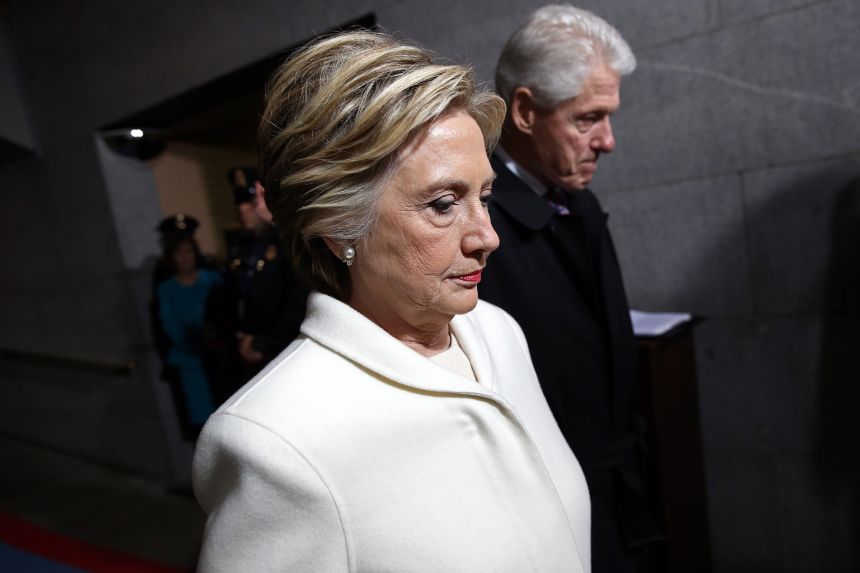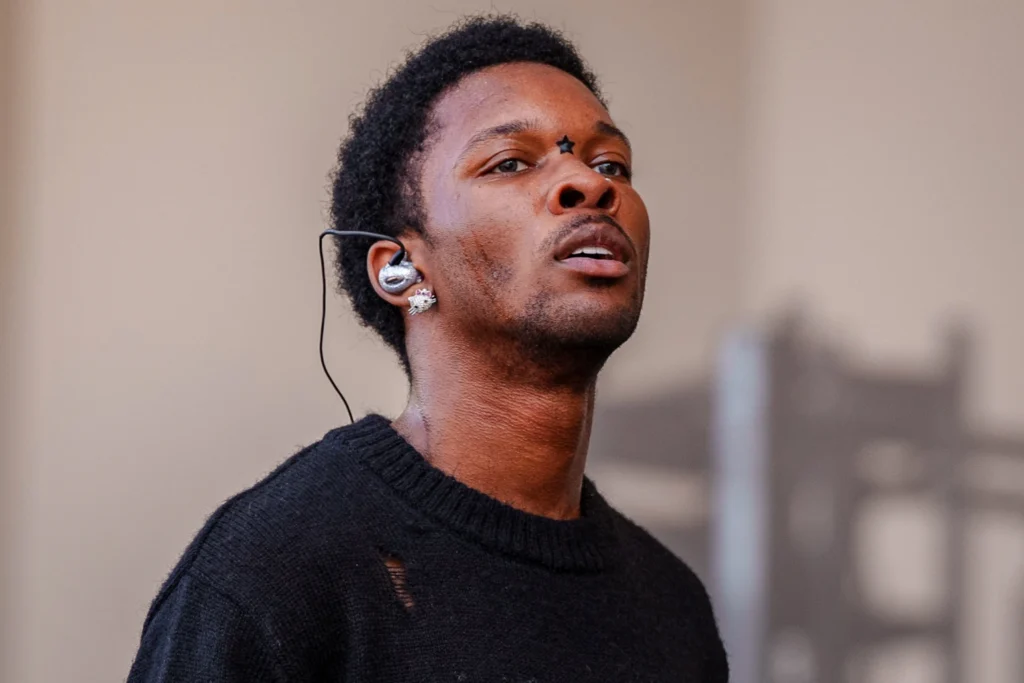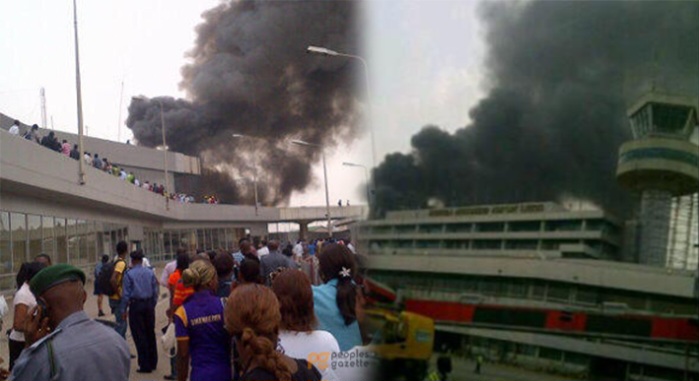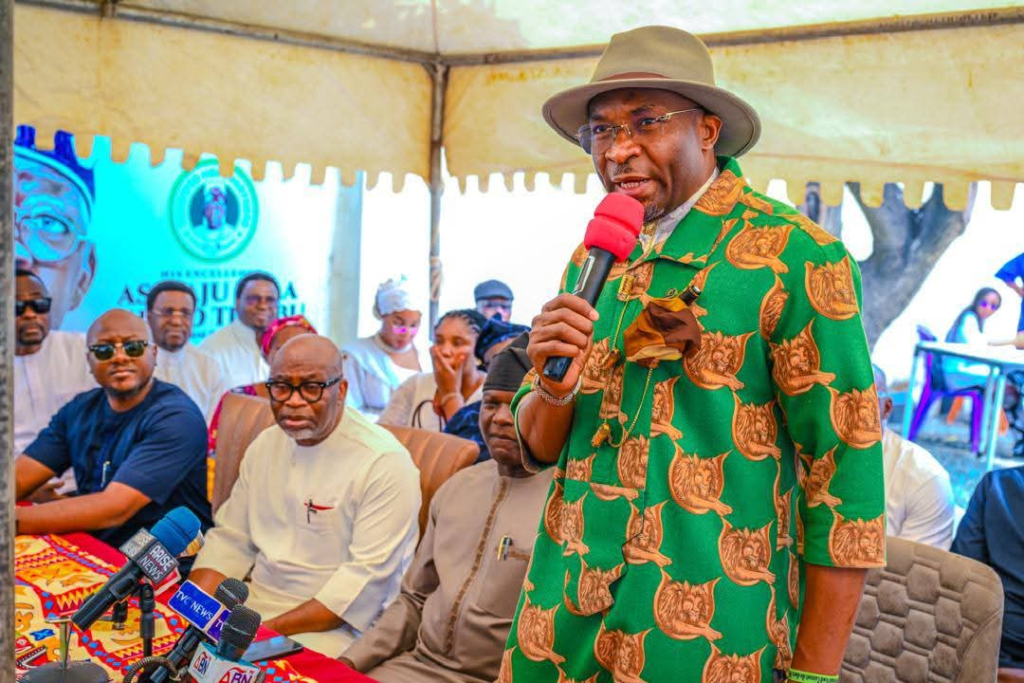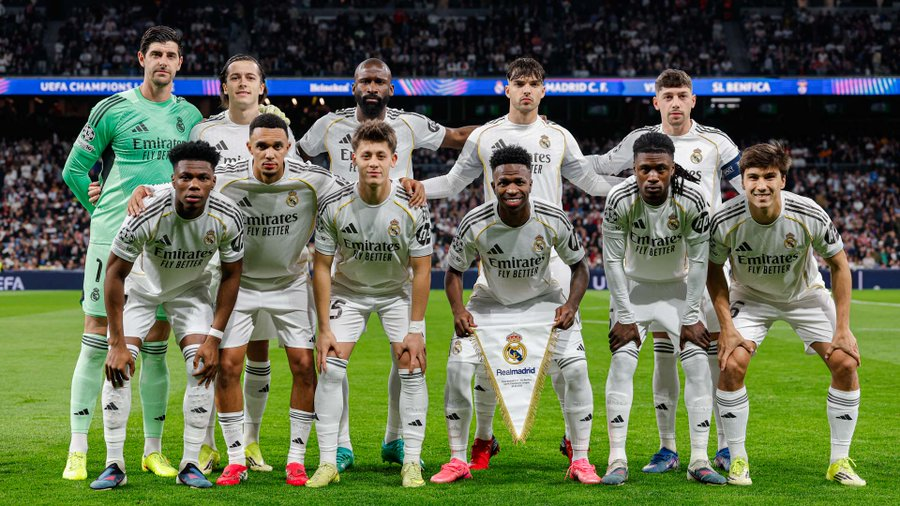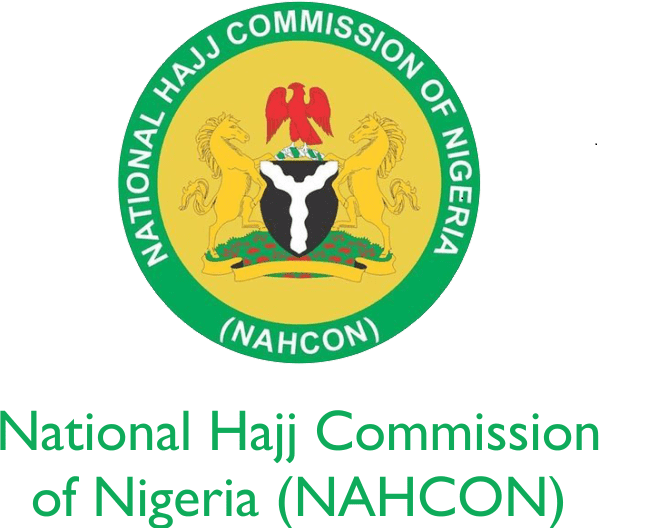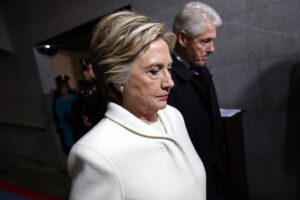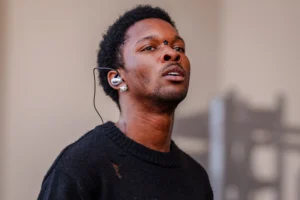A public US school was wrong to punish its football coach for praying at mid-field after his team’s games, the Supreme Court has ruled.
Joseph Kennedy’s prayers were protected by the Constitutional right to religious expression and should not have been prohibited.
The school had argued that the displays could coerce students of different beliefs into religious acts.
The case has been considered an important test of the separation between church and state in the US.
In a 6-3 decision, the conservative-majority court sided with Mr Kennedy, ruling that the school violated his right to “[engage] in a personal religious observance, based on a mistaken view that it has a duty to suppress religious observances even as it allows comparable secular speech”.
Writing for the majority, Justice Neil Gorsuch concluded that “the Constitution neither mandates nor tolerates that kind of discrimination”.
He was considering whether to take a job as a coach at a high school in Bremerton, Washington – a town near Seattle – despite having little experience playing American football. His wife worked for the school district, and he had been offered the job based on his services as a US Marine, where he dabbled in the sport.
He accepted the position, and for the next seven years prayed on the field after the games – sometimes alone and sometimes with players – apparently with little notice or controversy.
That changed after a game in September 2015, when an opposing coach notified the Bremerton school principal of his actions. The school informed Mr Kennedy that his prayers could be construed as a school endorsement of religion, which run afoul of a long line of US Supreme Court cases that limited religious activities in public education.
Mr Kennedy refused, and after a post-game prayer that October, became a public and media spectacle, with a crowd of spectators gathering on the field around the coach, the school placed him on leave.
At the end of the season, instead of attempting to renew his one-year coaching contract with the school, he sued Bremerton for infringing on his constitutional right to freedom of religion and sought to make his case on a nationwide media tour.
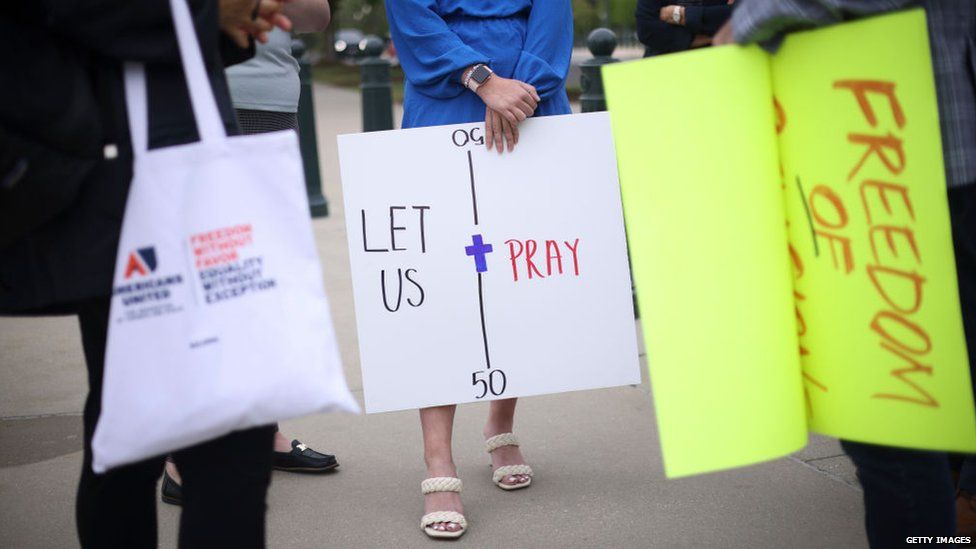 IMAGE SOURCE,GETTY IMAGES Image caption, Supporters show up outside the Supreme Court
IMAGE SOURCE,GETTY IMAGES Image caption, Supporters show up outside the Supreme CourtDuring Supreme Court oral arguments, Mr Kennedy’s lawyer argued that he was simply a private citizen who wished to be able to express his personal religious views after his official duties as coach had concluded. The Bremerton school district was punishing him for those views and for the exercise of his speech rights, in violation of his constitutional protections.
Bremerton’s lawyer countered that Mr Kennedy’s actions were much more than private prayer – they were disruptive group displays conducted on school property, which could have a coercive effect on students and athletes with different religious beliefs.
America’s top court has long upheld separation of church and state
Legal line-drawing like this is a common undertaking for Supreme Court justices when considering sticky issues of constitutional rights and protections – and this case involved some measure of that.
In 2000, a 6-3 majority of the Supreme Court ruled that student-led prayer before a high-school football game, broadcast over the school’s public address system, was an unconstitutional government endorsement of religion. A slim 5-4 majority in 1992 held that a clergy-led prayer at a public-school graduation was inherently coercive and therefore unconstitutional.
One of the foundational religious establishment cases dates to 1971’s Lemon v Kurtzman, which held that laws must have a “secular legislative purpose” and set up a three-part test to determine whether they survived constitutional muster.
The increasingly conservative court has largely abandoned this “Lemon test” in favour of more sympathy toward laws that permit or even support religious expression – and the court’s decision in this case makes that move explicit.
“This Court long ago abandoned Lemon,” it said on Monday.
Conservative religious freedom advocates had been calling for exactly such a move.
“Religious liberty isn’t a right to be weird in the corner,” said Lori Windham, senior counsel with the Becket Fund for Religious Liberty, after Monday’s arguments. “It’s a right to bring the deepest, most important truths to public life”.


